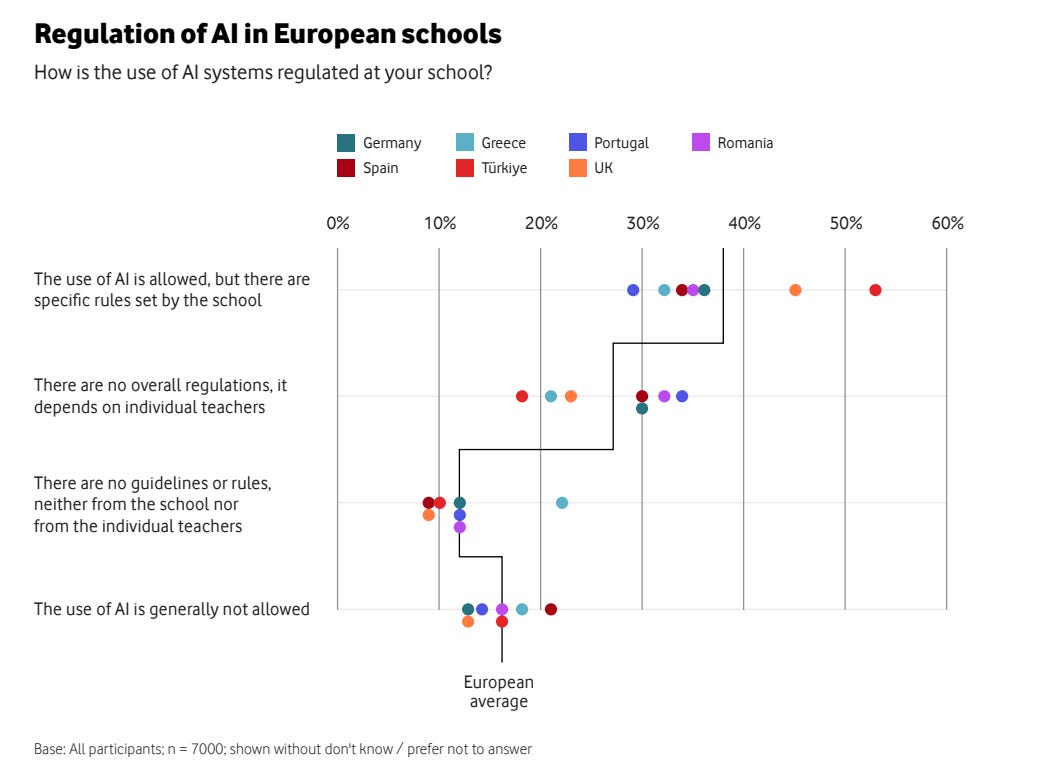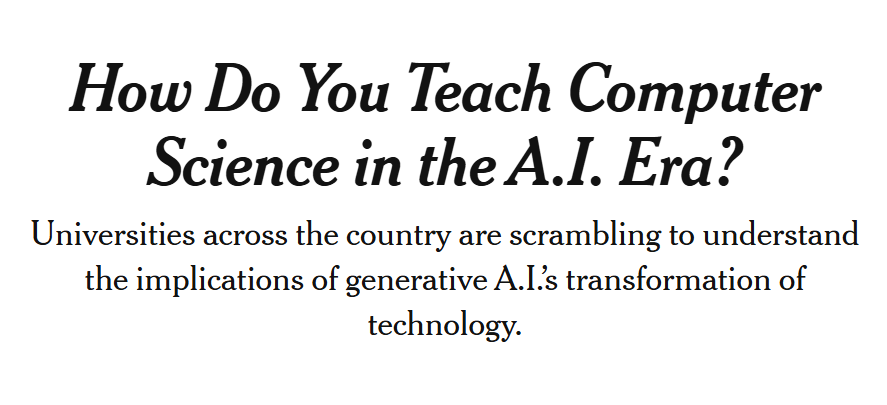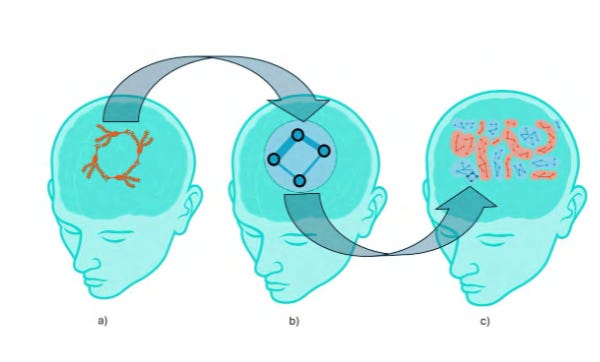10 Biggest Updates in AI and Education This Week – July 4 Edition
AI in Education is moving fast. Here's are the top 10 things you need to know to stay up-to-date.
Here are the top 10 things you need to know to stay up-to-date in AI in Education today:
1️⃣ Google Classroom will now offer 30+ free AI tools powered by Gemini for teachers to use in their classrooms. Users can generate lesson plans, create custom Gems for students, which are personalized versions of Gemini, and explore many other new features.
2️⃣ More than 60 organizations signed the White House’s Pledge to America’s Youth: Investing in AI Education. The pledge, which can be found below, aims to support the goals of the recent executive order, Advancing Artificial Intelligence Education for America’s Youth.
3️⃣ The Vodafone Foundation released a report comparing seven European countries to investigate how AI is shaping education across Europe. They cover a variety of statistics about students’ current familiarity and usage of AI, their support environment regarding AI usage, their concerns and interests around AI, and more.
4️⃣ Anthropic, the company behind Claude, released a free 3-4 hour online course to equip users with AI Fluency. The course is centered around their 4D framework, teaching you to effectively partner with AI through Delegation, Description, Discernment, and Diligence.
5️⃣ The New York Times published a piece on how universities are rethinking computer science education as they race to keep up with the impact of generative AI on the tech landscape.
6️⃣ College professors and students share their perspectives on how AI is affecting college writing and potentially signaling the End of the Essay in The New Yorker.
7️⃣ Students from campuses across the US share their honest perspectives, concerns, and outlooks on AI in this short documentary.
8️⃣ A new study from MIT Media Lab titled, “Your Brain on ChatGPT: Accumulation of Cognitive Debt when Using an AI Assistant for Essay Writing Task,” has stirred controversy recently, as many are misinterpreting it as AI making students “dumber.” Rather, the study shows that when students rely too heavily on AI to do their work, they engage less and learn less.

9️⃣ This chapter preprint titled “The Memory Paradox: Why Our Brains Need Knowledge in an Age of AI” discusses how internalizing knowledge and memory remains foundational for deep learning. AI tools should supplement rather than substitute the brain's cognitive processes to support genuine understanding and higher-order thinking.
🔟 If you missed ISTELive 25, one of the biggest education conferences of the year, but still want to stay up to date on the latest edtech developments around AI in education, you can catch the action on eSchool News’ LIVE@ISTE 2025 page.
We recently updated our newsletter format to highlight the top 10 key updates on AI in education. We’d love to hear your thoughts and feedback on the change!
And that’s a wrap for this week’s newsletter! If you enjoyed our newsletter and found it helpful, please consider sharing this free resource with your colleagues, educators, administrators, and more.









Love the new format
Thanks for sharing!